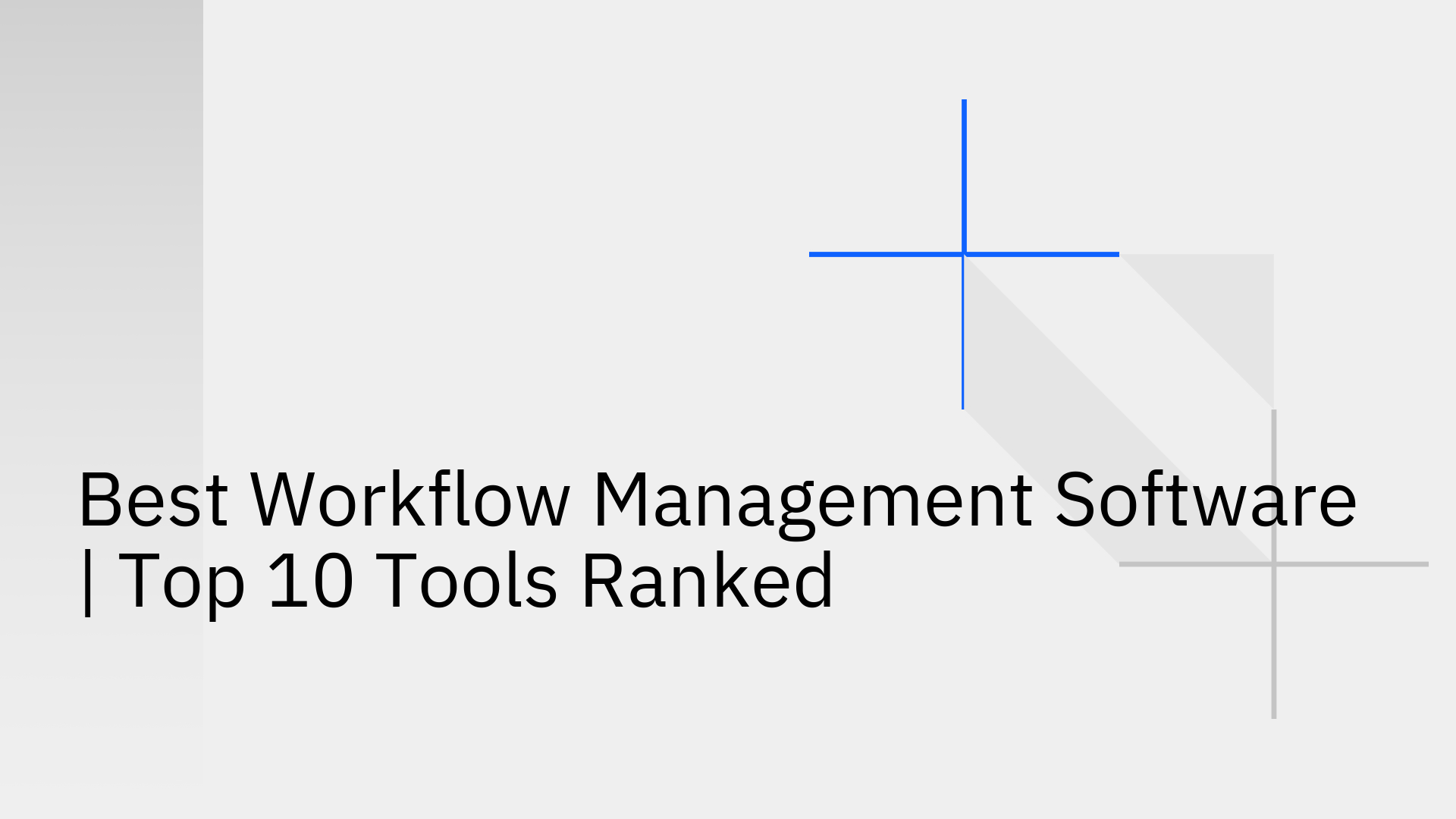
If your team spends more time coordinating tasks than finishing them, it’s time to rethink your workflows. The best workflow management software of 2026 helps you plan, automate, and track processes across departments, saving hours weekly while improving visibility. Below are this year’s top platforms based on usability, automation, integrations, and price.
Starting price: $10/user/month
ClickUp remains one of the most flexible workflow tools thanks to multiple views (List, Board, Gantt), built-in automation, and deep integrations with Slack, Zoom, and Google Workspace. Perfect for teams that want visual clarity and fast collaboration.
Pros:
Cons:
Starting price: $12/user/month
monday.com combines task tracking, dashboards, and automations into a colorful, beginner-friendly interface. Templates make it easy to set up project pipelines or marketing campaigns in minutes.
Pros:
Cons:
Starting price: $13.49/user/month
Asana excels at connecting cross-functional teams. Its automation builder, workload management, and app directory of 200+ integrations make it a strong choice for enterprise-scale operations.
Pros:
Cons:
Starting price: $6/user/month
Trello’s simplicity still makes it one of the easiest Kanban-based workflow tools for startups and freelancers. Boards, cards, and Power-Ups help visualize every step without complexity.
Pros:
Cons:
Starting price: $24/user/month
Airtable merges spreadsheets and databases into a customizable workflow platform. Great for marketing, design, or data-driven teams that need structured flexibility.
Pros:
Cons:
Starting price: $12/user/month
For teams that love Excel but need automation, Smartsheet offers a familiar interface with modern workflow features like task dependencies, alerts, and automated approvals.
Pros:
Cons:
Starting price: $8.60/user/month
Jira dominates the software development space with Scrum and Kanban boards, sprint tracking, and built-in reports for Agile teams.
Pros:
Cons:
Starting price: $7/user/month
Hive combines project management, chat, and time tracking in one workspace. It’s great for marketing and creative teams managing multiple campaigns simultaneously.
Pros:
Cons:
Starting price: $1,000/month (Starter Plan)
While most workflow software focuses on task tracking, Stacksync synchronizes the data powering those workflows. It connects CRMs, ERPs, and databases—enabling real-time, bi-directional sync between systems like Salesforce, NetSuite, and HubSpot. Ideal for companies where operational accuracy and automation speed matter.
Key Features:
Best for: Mid-market to enterprise teams managing complex data workflows who want to eliminate manual updates and integration maintenance.
Example: Acertus saved over $30K/year replacing Heroku Connect with Stacksync, while gaining real-time CRM-ERP sync.
Starting price: $15/user/month
Basecamp remains a reliable choice for teams that value simplicity over customization. Message boards, to-dos, and hill charts make it ideal for agencies or internal teams with lightweight processes.
Pros:
Cons:
When evaluating software, focus on:
The best workflow management software of 2026 goes beyond checklists, it creates connected, automated ecosystems where teams collaborate in real time. Whether you’re scaling operations or replacing manual reporting, tools like ClickUp, monday.com, and Stacksync make it possible to streamline projects, automate repetitive tasks, and keep every system in sync.
Ready to modernize your workflows?
Explore how Stacksync’s real-time data automation can replace complex integrations and boost operational efficiency.